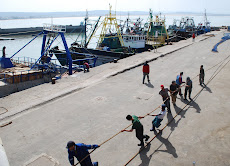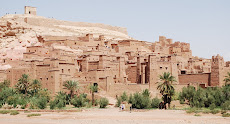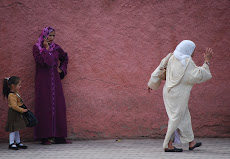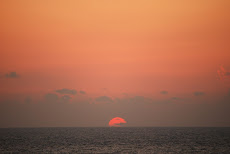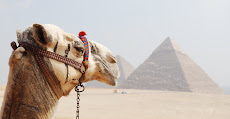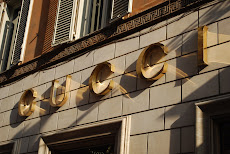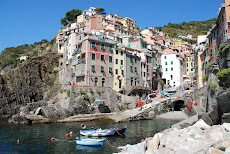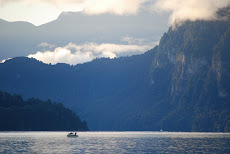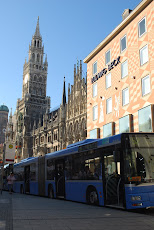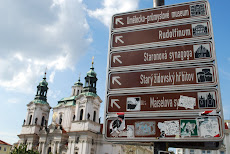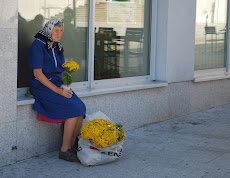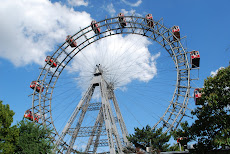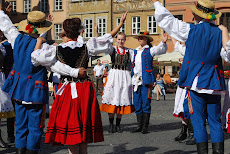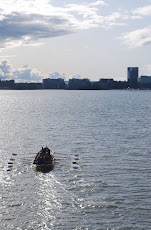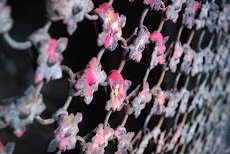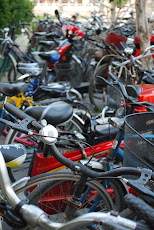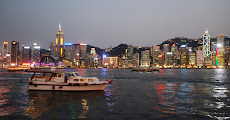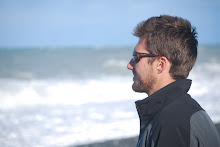When we moved from the kitchen to the adjoining room the conversation changed entirely. We walked on white carpet past the Waterford crystal vase, the marble-tiled mantle, my grandmother’s china cabinet, the family portrait hanging on the wall, and assumed our seats on stiff and unfamiliar couches. This was the room we never entered. This was the room that symbolized my father’s career success, the room visitors would compliment from the top step, the room only the occasional housekeeper would venture into with a feather duster. My sister and I were forbidden from horseplay in this room as kids—it housed far too many ornaments and family treasures. We referred to it as the living room. Rather ironically, no part of my existence had been spent living inside its walls. And yet, here I was, a happy-go-lucky college senior, face to face with my dad, about to engage in a conversation that would change the entire course of my life.
Of the countless lessons I learned from him, one of the most poignant is the practice of letting your opponent speak first. I sat back on the couch, allowing him to offer the first words, and studied his face. It was a face I admired intensely. It showed his intelligence, his tenacity, his grace. It reflected merciful patience and intimidating power all at once. From my earliest memories it had been covered in a thick beard, a beard that recently had become tinged with gray around his mouth and chin. I realized then for the first time how much it showed his wisdom. His big forehead was marked with the wrinkles of his notorious scowl, the furrowed brow that could send even the most steadfast adversary into submission. But two inches higher, just beyond his curly hairline, hid the scar that reminded me of his vulnerability. I noticed it, and thought of the day years ago when I painfully realized he wasn’t invincible.
He was all things to me. He wouldn’t know it then, in the obstinate attitude he was about to encounter, but I had always wanted to emulate his life.
My dad must have realized I was applying his own lesson to this tense moment. He looked directly into my eyes, and as only he could, uttered four words that brilliantly put the onus back on my shoulders.
“What is your plan?”
I wasn’t ready for the question. I fidgeted with my pant leg. I rubbed the back of my head. I scratched my ear where there was no itch. I filled the air with incoherent sounds, searching for the words I could not articulate. He watched me squirm with a hidden smile. He was in the power position. He could have ended the conversation right there by expressing his desire, but instead he left the question open, and forced me to put into words what had been bouncing around my insides for the last year.
“I want to go on a trip,” I stammered.
“A trip.” He did not form the words as a question, but rather returned them in the same tone I had used. Hearing the words repeated revealed how outlandish my statement had been.
I was five months away from completing my undergraduate degree at a small private university in San Diego—an undertaking that had depleted a small fortune. My dad subsidized my education and sponsored the college experience that was to ready me for the real world. He provided me the tools to start a career and build an independent life. He had given me an oyster, and within it were all the opportunities a young man could ever need. And what did I intend to do with it? Go on a trip.
The wrinkles on his forehead contracted to their infamous pose.
Confronted with the question, I spoke out about the truest feeling in my heart. I wasn’t ready for a career, probably because I didn’t know what it really meant to have one. What I did know was that I had within me a burgeoning desire to explore the unknown. When I allowed myself to daydream, my thoughts were always filled with images of distant places. I had an ache in my soul to cast off the ropes of my everyday surroundings and take to the road. Nothing excited me more than the thought of walking the streets of a city I had only read about in books. The sound of a language I had never heard, the smell of food I had never tasted, the sun setting over an ocean I had never seen—I would fantasize about these things and wake up to find the hair on my arm standing on end. Travel and passion became the same thing in my being. It was there in the living room my passion came violently crashing against my reality.
My father’s genius was manifested in his ability to let me speak in circles until I uttered the seemingly unprompted words he wanted to hear. He sat back, offering a gentle nod here and a reassuring gesture there, as I exorcised the fantasies from my mind and replaced them with the pragmatic statements of a promising college graduate. By the time we got up from the couch I had resolved to initiate an aggressive job hunt, and had established a thirty day plan for reporting results back to my benefactor.
I had seen the light of logic. It became clear how crucial it was to prove to my dad that his investment had been worthwhile. I was a walking dividend. I was determined to begin the next stage of my life with purpose. Graduating from college was an accomplishment, but the full reward of the achievement would not be realized until I was gainfully employed. I converted my passion into a quest to become self-sustained.
This new passion made me happy, and ultimately the possessor of a respectable W2, but it never made my hair stand up. What I didn’t understand was that in all of my effort to bury my need to explore and embrace the practical goals of adulthood, I had actually been loading a small fire with piece after piece of parched kindling. It would only be a matter of time before that small fire exploded into a wild inferno.
*A note to the followers of The Distant Adventure:
A respected friend, aware of my return to the United States, recently asked me to bring closure to the blog, to post a final word about the adventure, or at a minimum, assure those who care that I did not tumble over one of those perilous cliffs on the Tizi-n-Tichka Pass. Well, to the vast relief of two doting mothers, Jeannie and I did survive the trip and have returned to a somewhat familiar life at home. While cleaning out my pack, laundering my five t-shirt wardrobe, and sleeping in one bed have been natural aspects of my homeland transition, the emotional adjustments have taken more time. In fact, I am still, one month after my final passport stamp, still constantly reflecting on the adventure and how it has changed my life. I have come to accept that the answers to the mysteries I sought before the trip still elude me in many ways. The optimist in me yearns to be believe that this can only mean one thing: the quest must continue! I will write and publish posts as inspiration strikes. In the meantime, please know that if you are reading this, you have brightened my world. Thank you for sharing in our dream.
